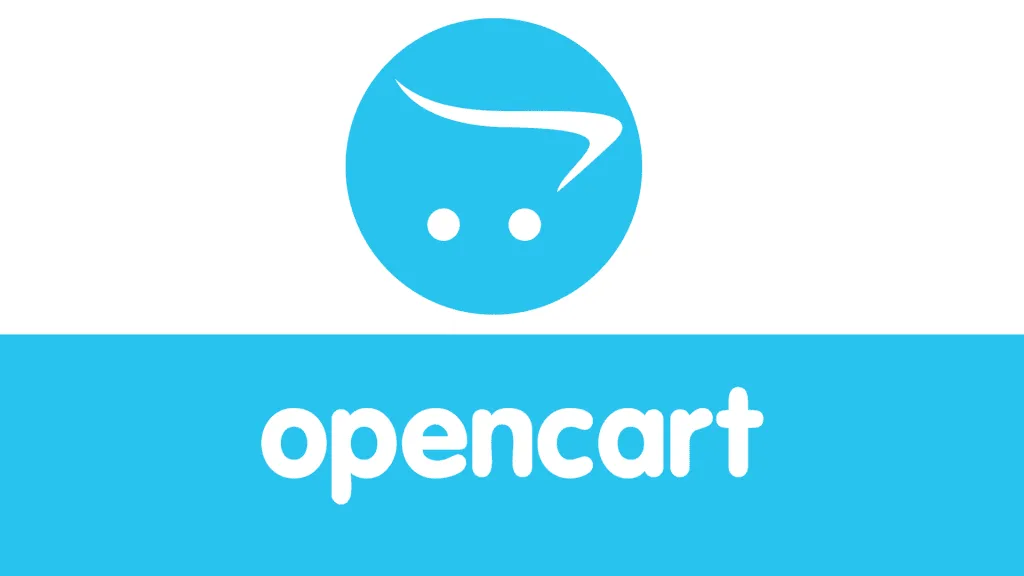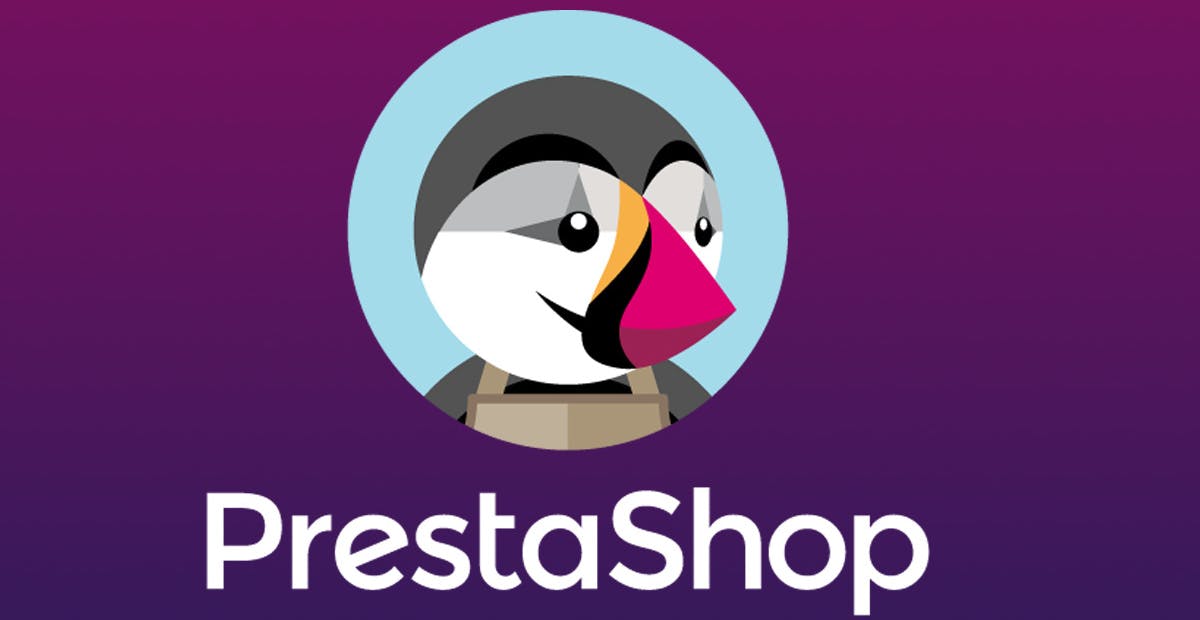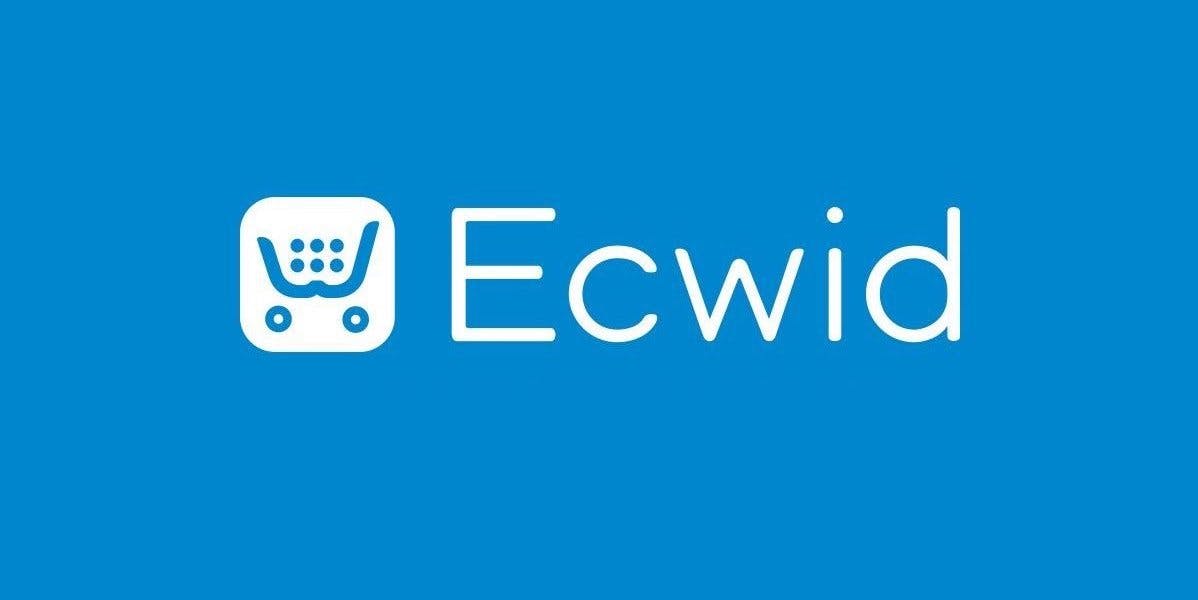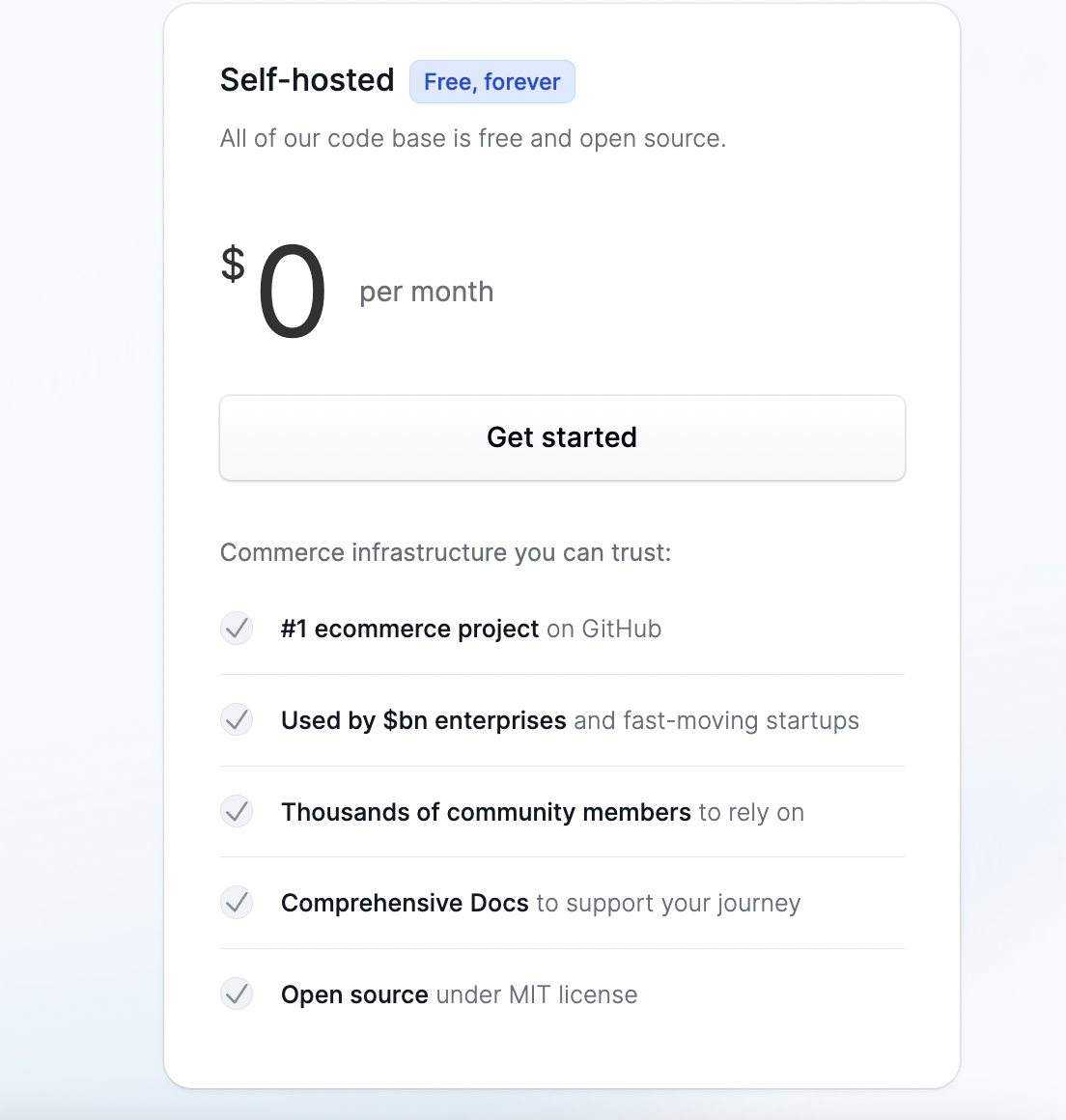
Medusa.js - Shopify Alternative
by Irina KedyarovaSeptember 4th, 2023
Summary
What is Medusa js?
Is Medusa open source?
Is Medusa free to use?
What are the features of Medusa JS?
Who uses Medusa JS?
How to install Medusa JS?
What are the alternatives to Medusa?
Medusa JS vs Shopify
FAQs
Scroll down to read all the article.
What is Medusa js?
Medusa.js is a free e-commerce system that gives businesses a lot of options for making and running online stores. It's different from places like Shopify.
Medusa JS works in a "headless" way.
That means it splits the part customers see (the front-end) from the part that handles everything behind the scenes (the back-end).

Is Medusa open source?
Medusa.js is totally open-source. That means anyone can get the source code for free and tweak it however they want. This openness encourages teamwork and new ideas among developers, which is why it's a hit with businesses and folks who want flexible and clear-cut e-commerce tools.
Being open-source, Medusa.js saves businesses from having to pay licensing fees that usually come with other e-commerce platforms. This is great for companies aiming for a budget-friendly and personalized option to set up and handle their online shops.
Is Medusa free to use?
Medusa.js is totally free to use because it's an open-source e-commerce platform. This means its core software and source code are available to everyone without any fees. Businesses and developers can grab, tweak, and personalize Medusa.js to build and run their online stores without shelling out for a pricey e-commerce platform.
But keep in mind, even though Medusa.js itself doesn't cost a dime, there might still be expenses involved in getting your online store up and running smoothly. These could include things like web hosting, development, design work, and ongoing maintenance, depending on how complex and specific your e-commerce project is.
What are the features of Medusa JS?
Medusa.js offers a range of features that make it a compelling choice for businesses looking to build and manage their online stores. Here are some key features of Medusa.js:
Headless architecture in software development means splitting the website into two parts: the frontend (what users see) and the backend (the business logic). This approach gives established businesses the agility and flexibility of a startup.
Medusa.js can scale to meet the needs of businesses of all sizes, from small startups to large enterprises. It can grow with your business, ensuring that your online store can handle increased traffic and sales.
One of the standout features of Medusa.js is its extensive customization options. It provides businesses with the ability to tailor their online stores to match their unique branding and functionality requirements.
Medusa.js offers a powerful API that allows for seamless integrations with third-party services and tools. This enables businesses to enhance the functionality of their online stores and extend their capabilities.
Medusa.js supports multi-channel selling, allowing businesses to sell their products not only through their own website but also through various online marketplaces and social media platforms.
The platform includes robust inventory management features, helping businesses keep track of stock levels, manage product variants, and handle order fulfillment efficiently.
Medusa.js supports various payment gateways, making it easy for businesses to accept payments from customers through different methods, such as credit cards, digital wallets, and more.
The platform is designed with SEO (Search Engine Optimization) in mind, enabling businesses to optimize their online stores for better search engine rankings and visibility.
Medusa.js ensures that your online store is responsive and mobile-friendly, providing a seamless shopping experience for customers on various devices.
Being open-source, Medusa.js has an active community of developers and users who contribute to its development and provide support. This community-driven approach fosters innovation and problem-solving.
These features collectively make Medusa.js a robust and flexible e-commerce solution, offering businesses the tools they need to create, customize, and manage successful online stores.
Who uses Medusa JS
Medusa.js is used by a diverse range of businesses and organizations across different industries. Its flexibility, open-source nature, and extensive customization options make it appealing to a variety of users.
In summary, Medusa.js attracts a wide range of users, from startups and e-commerce businesses to developers, agencies, and even non-profit organizations. Its appeal lies in its adaptability and ability to cater to the unique needs of different users in the e-commerce landscape.
What are the alternatives to Medusa?
Shopify
Shopify is one of the most widely used e-commerce platforms globally. It offers a user-friendly interface, extensive app ecosystem, and scalability. Shopify is an excellent choice for businesses looking for a hosted, all-in-one e-commerce solution.


WooCommerce
If you're using WordPress, WooCommerce is a highly customizable e-commerce plugin that seamlessly integrates with your existing WordPress website. It's known for its flexibility and wide range of plugins and themes.
Magento
Magento is a robust and feature-rich e-commerce platform that caters to larger enterprises and businesses with complex needs. It provides advanced customization and scalability options.


BigCommerce
BigCommerce is a cloud-based e-commerce platform that offers a balance between flexibility and ease of use. It's suitable for businesses of all sizes and provides a variety of features.
Wix
Wix is a user-friendly website builder that includes e-commerce functionality. It's ideal for small businesses and startups looking for a simple way to set up an online store.


OpenCart
OpenCart is an open-source e-commerce platform that's lightweight and easy to use. It's a good choice for small to medium-sized businesses seeking cost-effective solutions.
PrestaShop
PrestaShop is another open-source e-commerce platform known for its flexibility and extensive range of features. It's suitable for businesses looking to customize their online stores extensively.


Squarespace
Squarespace is a website builder with integrated e-commerce capabilities. It's known for its visually appealing templates and is a good fit for creative businesses.
Ecwid
Ecwid is a flexible e-commerce platform that allows you to add an online store to your existing website or social media profiles. It's known for its ease of integration.


Salesforce Commerce Cloud
Salesforce Commerce Cloud is an enterprise-level e-commerce platform that provides a comprehensive suite of tools for large-scale businesses looking to manage complex e-commerce operations.
When selecting an alternative to Medusa.js, consider factors such as your budget, the level of customization required, scalability, ease of use, and the specific features your business needs. It's also important to assess the long-term viability and support of the chosen platform to ensure it aligns with your growth and development goals.
Medusa JS vs ShopifyWhich One is Better for Your Ecommerce?
Medusa.js and Shopify are both e-commerce platforms, but they cater to different needs and offer distinct features. Let's compare Medusa.js and Shopify across various aspects:
Customization
Medusa JS
Medusa.js is highly customizable, allowing for extensive front-end and back-end customizations. It provides greater flexibility for businesses with unique design and functionality requirements.
Shopify
Shopify offers customization through themes and apps, but it has limitations compared to Medusa.js. Advanced customizations may require working within Shopify's framework.
Ownership and Control
Medusa JS
Medusa.js gives you full ownership and control over your e-commerce infrastructure, as it's open-source. You have complete freedom to modify and adapt the codebase.
Shopify
Shopify is a hosted solution, meaning you're essentially renting their platform. You have less control over the underlying infrastructure, and any significant changes may be limited.
Pricing
Medusa JS
Medusa.js itself is FREE as it's open-source.
However, you may incur development and hosting costs, which can vary depending on your project's complexity.
Shopify
Shopify offers various pricing plans, including a free trial. Costs include monthly subscription fees, transaction fees (unless you use Shopify Payments), and expenses for apps and themes.
Scalability
Medusa JS
Medusa.js can scale with your business, making it suitable for small startups and large enterprises alike. Its headless architecture allows for scalability.
Shopify
Shopify is also highly scalable and can handle large volumes of traffic and transactions. It's trusted by numerous high-traffic e-commerce websites.
Developer-Friendliness
Medusa JS
Medusa.js is developer-friendly, attracting businesses with development teams looking to create unique and complex e-commerce solutions. It offers a wide range of customization options.
Shopify
Shopify is user-friendly and suitable for businesses with or without extensive development expertise. It provides an intuitive interface for managing products and orders.
App Ecosystem
Medusa JS
While Medusa.js has an open-source community and allows integrations, it may not have as extensive an app ecosystem as Shopify.
Shopify
Shopify boasts a vast app store with numerous third-party apps and integrations, making it easy to extend the functionality of your online store.
Security
Medusa JS
Medusa.js places a strong emphasis on security. Regular updates and an active developer community help maintain security standards.
Shopify
Shopify takes security seriously and provides a secure environment for hosting online stores. It handles security updates and compliance.
Support and Community
Medusa JS
Medusa.js has an active community and developer support, but it may not offer the same level of customer support as a hosted solution like Shopify.
Shopify
Shopify provides customer support and has a large user community. It offers 24/7 support for its paid plans.
Payment Options
Medusa JS
Medusa.js supports various payment gateways, but integration may require development work.
Shopify
Shopify offers its payment gateway, Shopify Payments, as well as support for numerous third-party payment processors.
Hosting
Medusa JS
Hosting for Medusa.js is your responsibility. You can choose your hosting provider and infrastructure setup.
Shopify
Shopify hosts your store on its servers, eliminating the need for separate hosting.
Conclusion
The choice between Medusa.js and Shopify depends on your specific business needs. Medusa.js is ideal for businesses seeking complete customization and control, especially those with development resources. Shopify, on the other hand, is an all-in-one hosted solution suitable for businesses looking for simplicity and a wide range of features, especially those without extensive technical expertise. Carefully evaluate your requirements and long-term goals to make the right choice for your e-commerce venture.
Contact us if you need Medusa or Shopify developer
Best Frequently Asked Questions (FAQs)
In the dynamic world of e-commerce, innovation is key to staying competitive. Medusa.js emerges as a compelling alternative to Shopify, offering businesses the freedom to craft unique online experiences and the flexibility to scale as they grow. Before making a decision, carefully assess your business requirements, and don't hesitate to explore the possibilities that Medusa.js can unlock.
Comments
I've been using Medusa.js for my online store for over a year now, and I couldn't be happier with the level of customization it offers. As a developer, I appreciate having full control over the codebase, allowing me to create a truly unique shopping experience for my customers. The active community support has also been a huge help whenever I've encountered challenges. If you're looking for flexibility and don't mind a bit of technical work, Medusa.js is an excellent choice.
Samantha M.
Leave your comment
Your feedback is very important to us. Share your thoughts on what you read, or tell your own story.
Rating
Readers also enjoyed

In today's digital age, e-commerce has revolutionized the way businesses operate and consumers shop. One significant development in the e-commerce landscape is the emergence of multivendor marketplaces. These platforms have gained immense popularity due to their ability to connect sellers with a vast pool of customers and provide a seamless shopping experience. This article delves into the concept of multivendor marketplaces, exploring their benefits, challenges, and their impact on the e-commerce ecosystem.
July 17th, 2023

In the ever-evolving world of web development and technology, the Jamstack has emerged as a powerful approach for building fast, secure, and scalable websites. As businesses strive to provide seamless user experiences and leverage the latest advancements in web development, the need for Jamstack agencies has become increasingly important. In this article, we will explore the concept of a Jamstack agency, its benefits, and why it can be a game-changer for your web development projects.
July 14th, 2023

In the fast-paced world of web development, staying ahead of the curve is essential. One approach that has gained significant attention is Jamstack CMS. This article aims to unravel the concept of Jamstack CMS, its advantages, implementation best practices, and more. Whether you're a seasoned developer or a content creator looking to enhance your website's performance, join us as we dive into the fascinating realm of Jamstack CMS. By the end of this article, you'll have a solid understanding of how Jamstack CMS can revolutionize your web development workflow. So, let's embark on this journey and unlock the potential of Jamstack CMS together!
July 13th, 2023
Contact Us
Our email is manager@alt-team.com
Please, do not hesitate to contact us via e-mail or use the form below if you need a quote for your E-commerce project or have any questions about our products or services. We will be glad to answer you in a short time.


